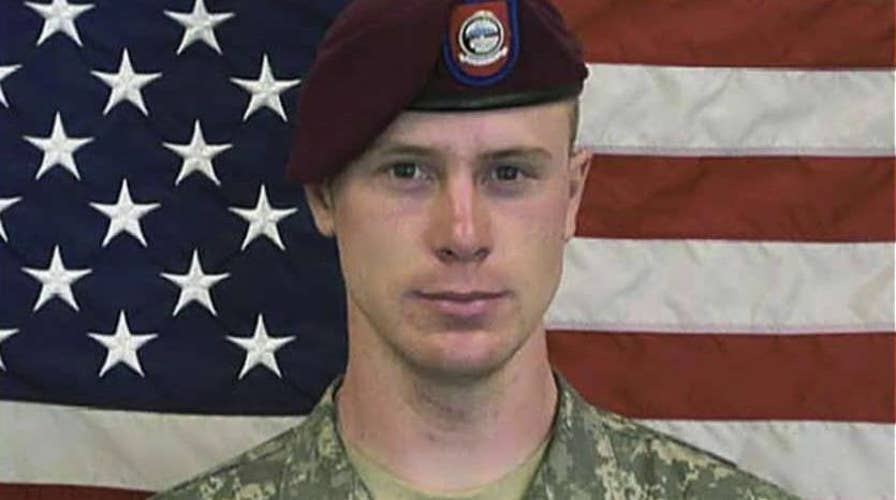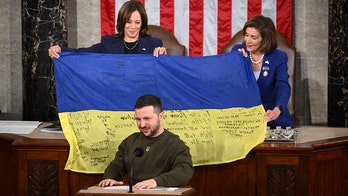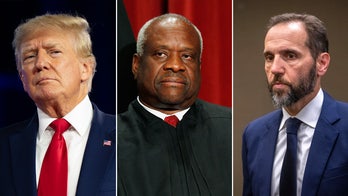Sgt. Bowe Bergdahl charged with desertion
Charges carry possibility of court martial, jail time
A House Republican claims the FBI played a central role in making a botched “payment” meant to help secure the release last year of Bowe Bergdahl -- the Army sergeant who left his post in 2009 and was held by the Taliban for nearly five years -- and is now seeking an investigation into the bureau’s alleged involvement.
The FBI is not commenting on the allegations.
But Rep. Duncan Hunter, R-Calif. -- who has long questioned whether a ransom of some kind was offered for Bergdahl’s release -- claimed in a recent letter to the Justice Department inspector general that he has learned “non-DoD organizations, led by the Federal Bureau of Investigation (FBI), undertook the recovery mission.”
As part of this effort, Hunter told DOJ IG Michael Horowitz, the FBI even went to the Afghanistan-Pakistan border and “awaited Bergdahl’s arrival following some form of discussion about facilitating a payment.”
Bergdahl didn’t show – and ultimately was not released until May when he was traded for five Taliban leaders. Hunter’s chief of staff, Joe Kasper, told FoxNews.com the unsuccessful FBI border visit came after this operation paid an Afghan intermediary, who then ran off with the money.
“The FBI was leading the op,” Kasper said.
Hunter now wants the DOJ IG to look into the alleged payment, including the amount and whether it was made in violation of the law.
A representative with the FBI did not comment on Hunter’s claims when asked by FoxNews.com.
Hunter previously has said such a botched payment was made and initially pointed the finger at Joint Special Operations Command, but has not discussed the extent of the FBI’s alleged role until now. Hunter’s claims were first reported in The Daily Beast.
The letter to Horowitz comes after the House Armed Services Committee released a detailed report saying the Defense Department inspector general could not confirm that any payment was made in an effort to recover Bergdahl, whose desertion case was referred Monday to a general court-martial. All the DOD IG could confirm was that “small payments were made to individuals in return for information” on Bergdahl’s captors, whereabouts and condition. The Pentagon last year also denied that a ransom was paid.
But Hunter’s letter shifts the focus to the DOJ and FBI.
It asks the Justice Department inspector general to look at whether a payment was made from within that department, if one was not made by the DOD.
Hunter, in the letter, called for a “thorough and substantive review” of the FBI’s alleged involvement. He also questioned what authority the FBI had to pursue Bergdahl’s release since he was a uniformed service member and not a civilian.
“We’re going to try to get to the bottom of it,” Kasper said Monday.
He said a chief concern is that the FBI is not necessarily equipped to recover Americans held captive in hostile areas.
“They don’t have the assets. They don’t have the resources,” he said.
The U.S. government as a matter of policy does not pay ransom for terror hostages, and Kasper acknowledged the administration will never confirm a “ransom” was paid in this case. But he suggested the government could have offered a payment of some kind – without calling it a ransom.





